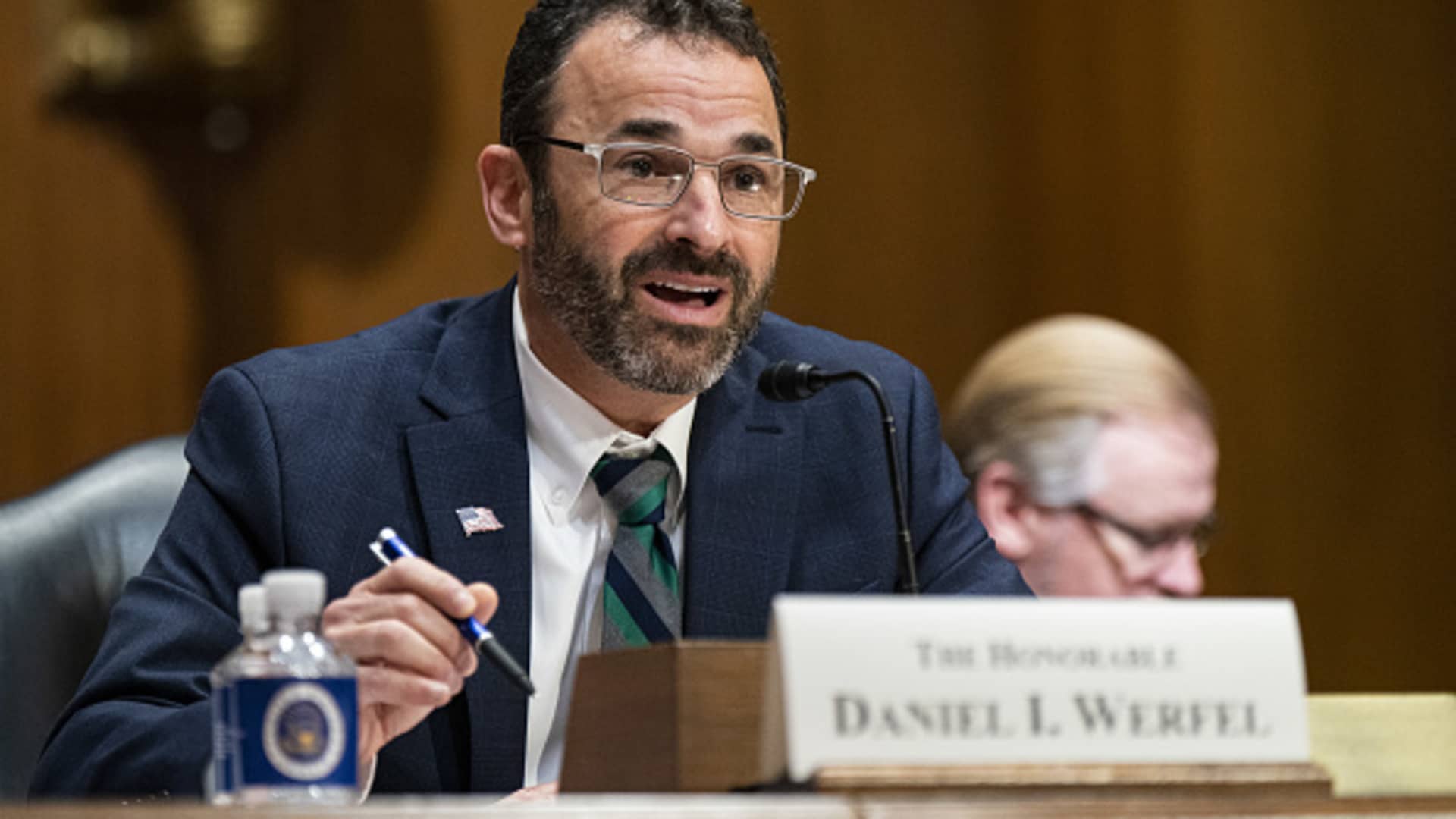Products You May Like
The IRS on Tuesday unveiled more details about its direct filing pilot program launching for the 2024 tax season.
Known as Direct File, the pilot will allow certain taxpayers to electronically file federal tax returns for free directly through the IRS, the agency told reporters on a press call.
Starting in 2024, Arizona, California, Massachusetts and New York will integrate state tax filings into the pilot program. Taxpayers from Alaska, Florida, New Hampshire, Nevada, South Dakota, Tennessee, Texas, Washington and Wyoming may also be eligible.
An IRS official estimates that “at least several hundred thousand taxpayers across the country” will have the option to participate in the 2024 pilot program.
More from Personal Finance:
53% of Gen Z see high cost of living as a barrier to financial success
More high schoolers try this college hack: It’s like getting two years free
Series I bond rates could rise above 5% in November, experts say
“In this limited pilot for 2024, we will be working closely with the states that have agreed to participate in an important test run of the state integration,” IRS Commissioner Danny Werfel said. “This will help us gather important information about the future direction of the Direct File program.”
After filing federal returns through Direct File, the software will direct taxpayers to state-sponsored tools to complete separate state filings. For 2024, this integration will only include participating states.
Who is eligible for IRS Direct File in 2024
“To ensure a good experience for taxpayers, the pilot will launch in phases,” Laurel Blatchford, chief implementation officer for the Inflation Reduction Act at the U.S. Department of the Treasury said.
For 2024, the pilot will focus on individual filers with “relatively simple returns,” but not all taxpayers will qualify. The IRS expects the program to include Form W-2 earnings, Social Security income, unemployment income and interest of $1,500 or less.
The agency also plans to include filers claiming the earned income tax credit, child tax credit and credit for other dependents, along with the standard deduction, student loan interest deduction and tax break for educator expenses.
However, some taxpayers will be excluded during the first year of the pilot, Werfel said.
Self-employed or contract workers filing Form Schedule C, which shows business profits or losses, won’t be eligible, along with filers claiming the premium tax credit to reduce the cost of health insurance purchased through the health insurance marketplace.
